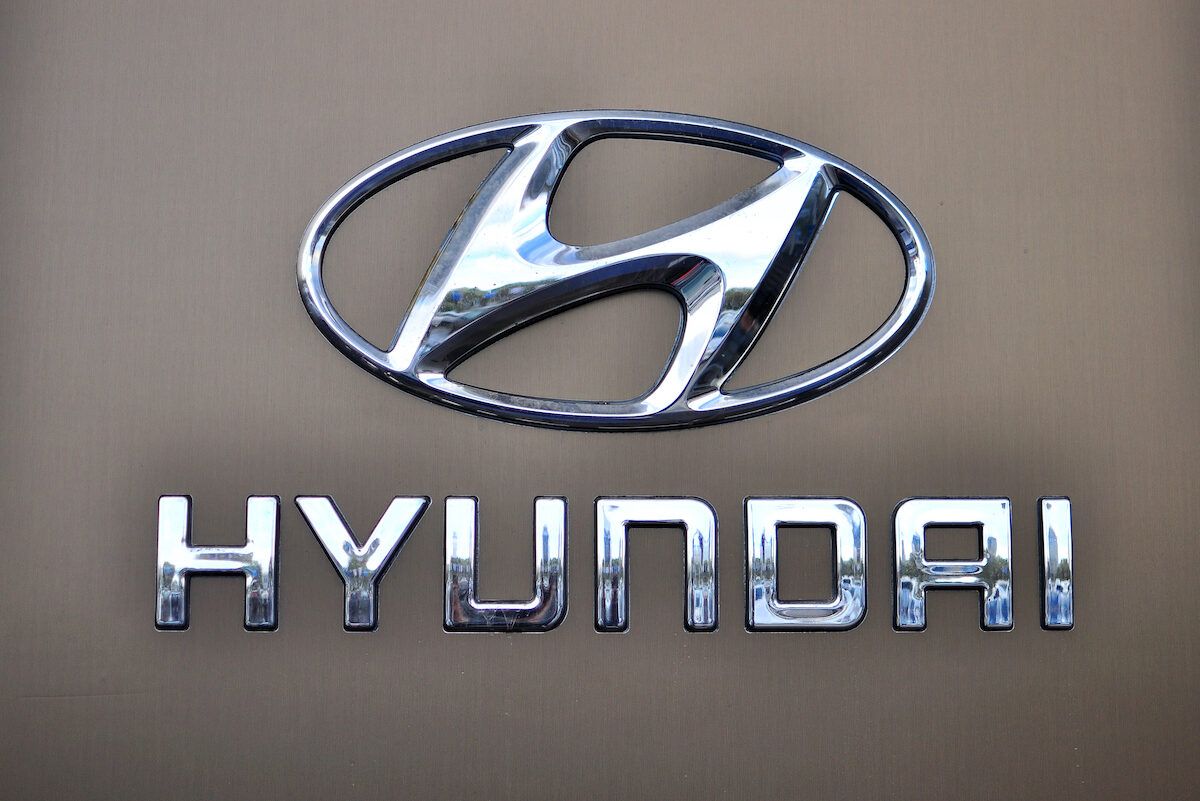
Update:
- A judge dismissed a class action lawsuit filed by a group of vehicle owners against Hyundai Motor Co. in a California federal court.
- The class action lawsuit claimed a number of Hyundai and Kia model vehicles contained an engine defect that caused them to use an excessive amount of oil.
- The vehicle owners argued the alleged defect, in addition to costing them money for the excess oil, caused the vehicles to stall and eventually fail.
- Court approval of the dismissal was not required as the class had not been certified nor proposed to be certified for purposes of a settlement, according to court documents.
Hyundai excessive oil consumption class action lawsuit overview:
- Who: A group of Hyundai and Kia vehicle owners are suing Hyundai Motor Co.
- Why: The drivers allege numerous models of Hyundai and Kia vehicles are equipped with defective engines that use excessive amounts of oil, stall and eventually fail.
- Where: The lawsuit was filed in a California federal court.
(April 20, 2022)
Hyundai makes numerous models of Hyundai and Kia brand vehicles with defective engines that use excessive amounts of oil, costing their owners huge sums of money, a new class action lawsuit alleges.
On Apr. 12, eight owners of Hyundai and Kia brand vehicles filed a class action lawsuit against Hyundai Motor Co. in a California federal court, alleging violations of federal warranty laws.
The Hyundai excessive oil consumption lawsuit alleges that numerous models of the automaker’s vehicles are equipped with defective Nu, Gamma, Theta, Lambda and Kappa engines.
The defective engines allegedly use excessive amounts of oil, stall and eventually fail. The drivers say Hyundai should have issued a recall for the vehicles a long time ago but hasn’t.
As a result, thousands of Hyundai and Kia owners and lessees have allegedly been forced to constantly check the oil levels, and oil must be added to the engines more frequently than even the owner’s manuals recommend, Car Complaints reports.
The engine issue has flow-on effects like reduction in engine lubrication due to crankshaft submersion and gaskets and seals damage, which leads to oil leaks.
The plaintiffs also claim that oil in their vehicles migrates to places where it shouldn’t be, damaging the combustion and exhaust systems.
This allegedly causes “abnormal wear of engine parts, oversaturation of carbon and deposits of oil sludge, ultimately requiring a costly engine rebuild or replacement.”
Automaker should honor warranty claims outside terms, Hyundai class action says
The plaintiffs allege that Hyundai should honor customers’ warranty claims even when the warranties have expired.
According to the lawsuit, Hyundai can’t adequately repair the oil consumption problems and doesn’t offer any reimbursement for out-of-pocket costs caused by the issue.
The class action states customers must suffer through long wait times for replacement parts, “and in most cases do not receive required engine replacements.”
The cars with the allegedly faulty engines include the 2012-2020 Hyundai Elantra, 2009-2018 Hyundai Genesis Coupe, 2019-2021 Hyundai Kona, 2020-2021 Hyundai Palisade, 2010-2012 and 2015-2021 Hyundai Santa Fe, 2009-2010 and 2015-2021 Hyundai Sonata, 2011–2021 Hyundai Sonata Hybrid, 2010-2013 and 2015-2021 Hyundai Tucson, 2011-2021 Hyundai Veloster, 2020-2021 Hyundai Venue, 2010-2021 Kia Forte, 2017-2020 Kia Niro, 2011-2020 Kia Optima and Optima Hybrid, 2012-2021 Kia Rio, 2011-2020 Kia Sorento, 2012-2021 Kia Soul, 2011-2020 Kia Sportage, 2018-2021 Kia Stinger and 2022 Kia K5.
Meanwhile, Hyundai has expanded its recall of vehicles with an exploding seat belt part issue that has caused multiple injuries to include 6,240 of its 2021-2022 Elantra and 2020 Accent vehicles.
The plaintiffs are represented by Nye, Stirling, Hale & Miller LLP, Sauder Schelkopf LLC and Walsh, PLLC.
The Hyundai Oil Consumption Lawsuit is Cho, et al., v. Hyundai Motor Company, LTD., et al. in the U.S. District Court for the Central District of California.
Are you one of the drivers affected by an allegedly faulty Hyundai engine? Let us know in the comments!
Don’t Miss Out!
Check out our list of Class Action Lawsuits and Class Action Settlements you may qualify to join!
Read About More Class Action Lawsuits & Class Action Settlements:















3,221 thoughts onHyundai class action over excessive oil consumption dismissed
2016 Hyandai Santa Fe has been burning oil for two years now. I consistently have the oil topped off every week from excessive oil burning/consumption. I’m scared to get a new engine(if that even happens) add me to the lawsuit. Ridiculous
I would like to know how do I go about filing a lawsuit as well my engine went out in my 2019 Hyundai Elantra and they telling me my car isn’t under recall in which it’s stating exactly what the recall is saying it’s ridiculous now I’m without a car
Same! I have a 2014 Hyundai Azera and my engine is now knocking having the same issues as the ones recalled, but azera’s are not part of any recall!
My 2015 Sonata 2.0t is leaking oil. I have to add oil to it between oil changes. It only has 68,000 miles on it give or take and it’s drove a total of maybe 10 miles a day to work and back!
2017 tucson. Uses a quart of oil every 500 miles.please add us to the lawsuit.
2015 Hyundai Tucson, burning oil like crazy
I have a 2017 Hyundai Tucson that has about 92,000 miles on it. It uses between 0.5 and 1 quart of oil in less than 2 weeks. The vehicle is driven 30 miles a day. I find this to be excessive. Can I be part of the class action law suit? I have owned this vehicle for 2 months.
I am the original owner of a 2013 Hyundai Sonata SE with approximately 150,000 miles that burns excessive motor oil. For the past several years I have had to check the oil level weekly and add between .5 to 1.0 quarts of motor oil to maintain the oil level above the low level on the dipstick. The engine is a 2.4L GDI 4 Cylinder. The VIN is 5NPEC4AC6DH593692. The engine is G4KJCK677413. Would you consider adding this vehicle to your class action?
My 2017 Hyundai Tuscan se plus has the same issue. Spent so much trying to fix it and adding oil. Have no idea how damaged my engine is from this.
My 2017 Hyundai Tuscan se plus has the same issue. Spent so much trying to fix it and adding oil. Have no idea how damaged my engine is from this.
My 2014 Hyundai Elantra is doing this same thing! It only has 118,000 miles and no leaks!
Can someone leave information here about how to request to be added to the lawsuit? I am having the same issues. They also now want me to do a test where I need to drive it another 1,000 miles and I want to know if it is safe to do so because I have a small child that would be riding in the car with me.